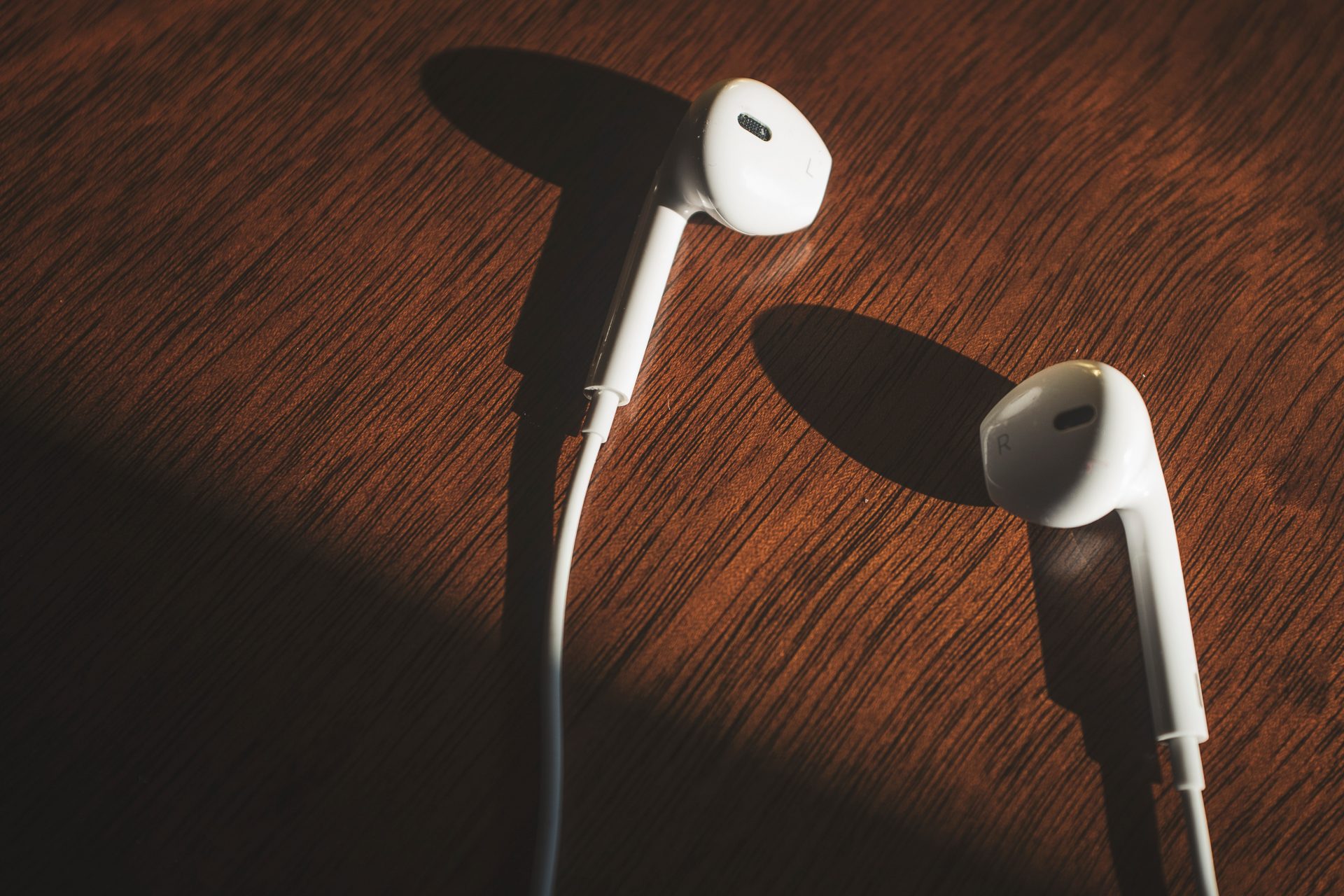
Just published: May 2021
Special Issue: Participations 18(1)
May 2021:
Alyn Euritt, Anne Korfmacher & Dario Llinares:
‘Introduction: Podcasting’s listening publics’
Podcast reception is often considered in terms of listening. As individual consumers listen to podcasts, their reception contributes to the formation of and interaction within audiences and publics. This does not mean that podcasts – and their listeners – are entirely separate from other media, but that podcast listening affords distinct experiences within these larger formations. When listening is conceptualized beyond its basic physicality and used as a model for interaction within publics, how people experience and interpret podcast listening becomes significant in understanding the bonds the medium forms. This introduction highlights a few key concepts in studying the intersection of listening and publics and uses those concepts to contextualize the articles in this section.
Clevenger, Samuel M. & Oliver J. C. Rick:
‘The uses of imperfections: Communicating affect through the lo fi podcast’
This essay considers podcasting as arts-based media capable of communicating the affective dimensions of active body contexts to listening audiences. We argue that the incorporation of arts-based forms of music and soundscape expands the opportunities for listeners to be moved by the podcast production, increasing the possibility of an affective listening experience and helping the listener experience the sensual dimensions of embodiment through a non-representational mode of communication. To substantiate this argument, we draw from our personal experience developing an arts-based podcast series on research on sport, physical activity, and physical culture. We embraced low fidelity or ‘lo fi’ production methods, using reverberating and noise-based aspects of the recording process to enhance each episode’s affective potential and affectively complement discussions of sport and physical activity. Approaching podcasting as sound art, we interwove interview audio, recorded ambient sound, and lo fi music to produce an affective aural atmosphere as well as communicate critical research on contexts of sport and physical activity. We argue that a lo fi, arts-based approach to podcasting, alternative to the traditional text-based publishing formats of the academy, can help academics and researchers communicate research through a more an affective relationship with listeners.
Donison, Jeff:
‘Listening to history podcasting and the intertextual stories of silence: A Canadian perspective’
Historica Canada’s Residential Schools is a history podcast mini-series that ‘aims to commemorate the history and legacy of residential schools, and honour the stories of First Nations, Métis, and Inuit Survivors, their families, and communities […] funded by the Government of Canada’ (‘Residential Schools Podcast Series’, 2020). Residential Schools is aparticularly useful case study for analyzing history podcasting because the program’s audio is supplemented by written and visual materials on its website that Historica Canada includes to increase the podcast’s educational breadth and connect users to commissioned reports. This podcast supports Indigenous reconciliation in present-day Canada that evaluates perceptions of living in a post-colonial society. Here scholars can examine how intertextual history podcasts shift the listening experience and provide non-Indigenous listeners with the opportunity for a deeper recognition of marginalization, while also creating a listening public of Indigenous peoples based on belonging, community, and cultural memory for traditionally silenced voices in an educational genre promoting immersive audience participation. In this article, I conduct a textual analysis on Residential Schools’ episodes and website to explore if history podcasts have the ability to facilitate an inclusive community by providing a space for minority listeners to hear themselves represented by people they identify with. I also examine if history podcasts can help all listeners learn about marginalized peoples by using audio alongside archival material that extends participant interaction and research.
Groß, Floriany:
‘The Bowery Boys: Podcasting serial historiography within and through participatory culture’
This article reads the non-fiction podcast The Bowery Boys: New York City History (2007-) as a significant example of the connection between the serial poetics and the participatory potentials of podcasts. It places the podcast in the context of ‘participatory culture’ (Jenkins) and argues that its serial aesthetics and longevity are crucial to its popular appeal. Thepodcast’s transformation into an increasingly professionalized franchise that uses a variety of digital convergence tools to engage with its loyal, active audience is related to its serial strategies and transmedial proliferation. Through case studies of episodes that highlight and incorporate the podcast’s interaction with its audience, this article outlines different forms and ways of participation in podcasting.
Morais, Ricardo, Fábio Giacomelli, Tâmela Grafolin & Fernando Rocha:
According to a Voxnest report, 2019 was ‘the year of the podcast in Brazil’ (2019, p. 4). The audio solutions provider reveals data on the increasing production and consumption of podcasts in Brazil in 2019 and how it continues to grow in 2020, despite the pandemic (Voxnest, 2020). This is the premise for this article, where we seek to conduct an audience study to understand how and why Brazilians listen to podcasts. By reviewing data obtained in a survey conducted on 566 listeners at the beginning of 2020, we aim on the one hand to uncover the possibility of a connection between radio listeners and podcast consumers and/or the emergence of new listening practices that seek to complement or replace radio consumption (Llinares, Fox & Berry, 2018). On the other hand, we want to assess podcast listening motivations, looking for an approach that not only considers consumption numbers, but that explores the main reasons to choose podcasts, why they are listened to and what topics listeners are looking for. Finally, this article aims at studying the reception and engagement with podcasts in the Brazilian context, which is little approached in this area. The study’s main findings reveal that podcasts complement radio listening, thus highlighting the continuous relation between radio and podcasting. The results also show how podcast listeners search for content they don’t find on the traditional media. We conclude that, although there are many podcasts available in the Brazilian Portuguese language, listeners point to a lack of offer diversification. We can also highlight that social media play an increasingly important role in the discovery of new podcasts by listeners.